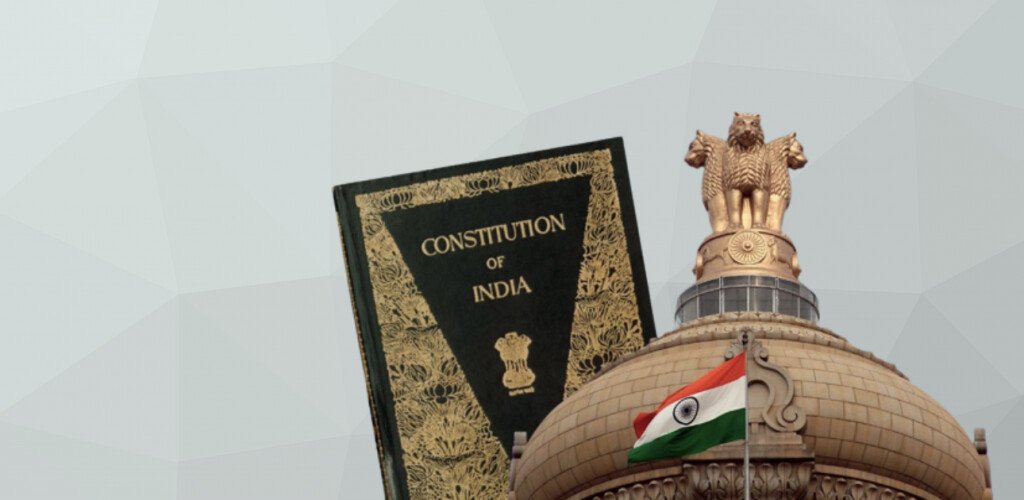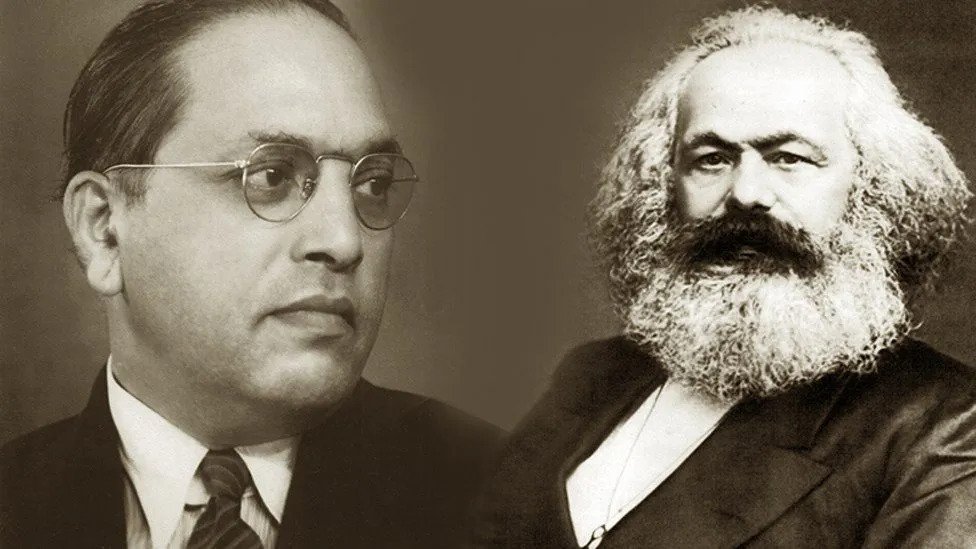By: Dipak Kurmi
Political complexities are unfurling in the Maldives, revealing intricate narratives beyond the anticipated dichotomy. The much-discussed national elections were often framed as a contest between the ‘pro-India’ Maldivian Democratic Party and the ‘pro-China’ People’s National Congress. However, a deeper exploration unravels a more nuanced reality. During the tenure of former President Ibrahim Mohamed Solih (2018-2023), the Maldivian Democratic Party fostered a diplomatic thaw, notably restoring amicable relations with Delhi following the preceding administration’s anti-Indian stance under Abdulla Yameen.
In a surprising turn of events, the People’s National Congress, led by Mohamed Muizzu, ran a virtual ‘India Out’ campaign during this election season. Ultimately, their strategic approach resonated with the electorate, leading to their victory in the polls.
In keeping with his electoral commitment, Mohamed Muizzu formally requested the Indian Government to withdraw its personnel. Notably, he assured a stance that is unequivocally ‘pro-Maldives,’ steering clear of being labeled as either ‘anti-India’ or ‘pro-China.’ The context of Muizzu’s presidential candidacy adds another layer, as he entered the race due to the legal exclusion of Abdulla Yameen over corruption and money laundering charges. This context has amplified expectations of a potential shift in Male’s diplomatic allegiance from Delhi to Beijing, seemingly on behalf of Yameen’s interests.
The unfolding narrative has aligned with expectations, prompting Delhi to adopt a cautious stance and observe President Mohamed Muizzu’s actions to gauge the true extent of his perceived reservations toward India. The lingering question revolves around whether Muizzu, previously characterized as a politically charged, accusatory opposition leader during the campaign, will diverge from this image and chart a distinctive course or align closely with his supposed mentor Yameen’s inclinations. The prospect of Muizzu tempering his political rhetoric in favor of practical considerations, potentially mitigating the noise against Delhi, remains uncertain in these early stages. As is customary in politics, the complexities and subtle currents beneath the surface are likely more intricate than they appear. Importantly, Muizzu’s autonomy from Abdulla Yameen beyond a certain point could significantly shape the unfolding political dynamics.
Following the settling dust of the recent elections, two unrelated topics have dominated discussions in the Maldives. Firstly, there’s a pervasive sense of uncertainty surrounding Mohamed Muizzu’s political trajectory, keeping the public discourse engaged in speculation. Secondly, the sudden surge in onion prices, a staple in Maldivian cuisine, has captured attention. With India restricting onion exports to address its domestic inflation concerns, Male is grappling with the repercussions, witnessing a spike in prices from Maldivian Rupee 200-300 per sack to 900-1000. Attempts to explore alternative supplies from Pakistan and China have highlighted the challenges, as the quality and pricing don’t match up. This unintended consequence serves as a stark reminder of the Maldives’ reliance on India for socio-economic stability. Efforts to seek exemptions from export restrictions underscore the importance of maintaining robust relations with India for the well-being of the Maldivian economy.
A palpable unease is quietly brewing between Mohamed Muizzu and his former benefactor, Abdulla Yameen, introducing a layer of complexity that challenges conventional assumptions, especially regarding Muizzu’s future interactions with Delhi. The rift originated during a period when Yameen initially advocated for his party’s election boycott. However, the broader coalition began leaning towards supporting Muizzu as the preferred candidate. Yameen eventually relented, allowing Muizzu to secure victory in the elections. Nevertheless, there exists a lingering sense that Yameen felt somewhat slighted by the success of his supposed nominee.
Notably absent from Muizzu’s victory speech was any expression of gratitude towards Yameen or acknowledgment of his pivotal role in securing success at the polls. Despite fulfilling his campaign promise by releasing Yameen from incarceration, Muizzu opted not to delay celebratory events to accommodate Yameen’s presence and participation. This nuanced behavior speaks volumes about the evolving dynamics between the two, indicating a shift in the dynamics of their relationship post-election.
Rumblings within political circles suggest that President Mohamed Muizzu is becoming increasingly aloof to unsolicited advice and interference from Abdulla Yameen. Muizzu appears determined to carve out his own distinctive style, policies, and preferences as a rightfully elected President, rather than serving as a mere conduit for someone else’s agenda. The lead-up to Yameen’s promised release was marked by tense interactions, with Muizzu urging Yameen’s supporters to refrain from street protests and entrust him with the handling of Yameen’s release. This approach evidently did not sit well with Abdulla Yameen, fostering a growing sense of discontent. The dissatisfaction deepened as ministerial appointments within the Muizzu cabinet were made without active consultation or accommodation of Yameen’s preferences, further fueling the frustrations of the former President.
Yameen’s release, facilitated by the provisions within the Prisons and Parole Act, comes with a caveat – it restricts his formal engagement in political discussions. This legal technicality adds another layer, limiting Yameen’s capacity to actively advocate for his own agenda. Muizzu’s perceptible independence and his emergence as a distinct political figure lie at the core of the intricate political landscape currently unfolding in the Maldives’ nascent government.
The unfolding dynamics of Muizzu’s newfound assertiveness and its implications for his relationship with Delhi remain uncertain. It seems improbable for him to overtly align himself as ‘pro-China’ in the manner Abdulla Yameen did. Muizzu, like any seasoned politician, may adjust his stance based on practical considerations that enhance his political appeal, rather than simply adhering to Yameen’s agenda. Interestingly, this nuanced approach could inadvertently benefit India, despite any preconceived labels attached to Muizzu. The evolving political landscape holds the key to understanding how these dynamics will play out. (The writer can be reached at dipaknewslive@gmail.com)







